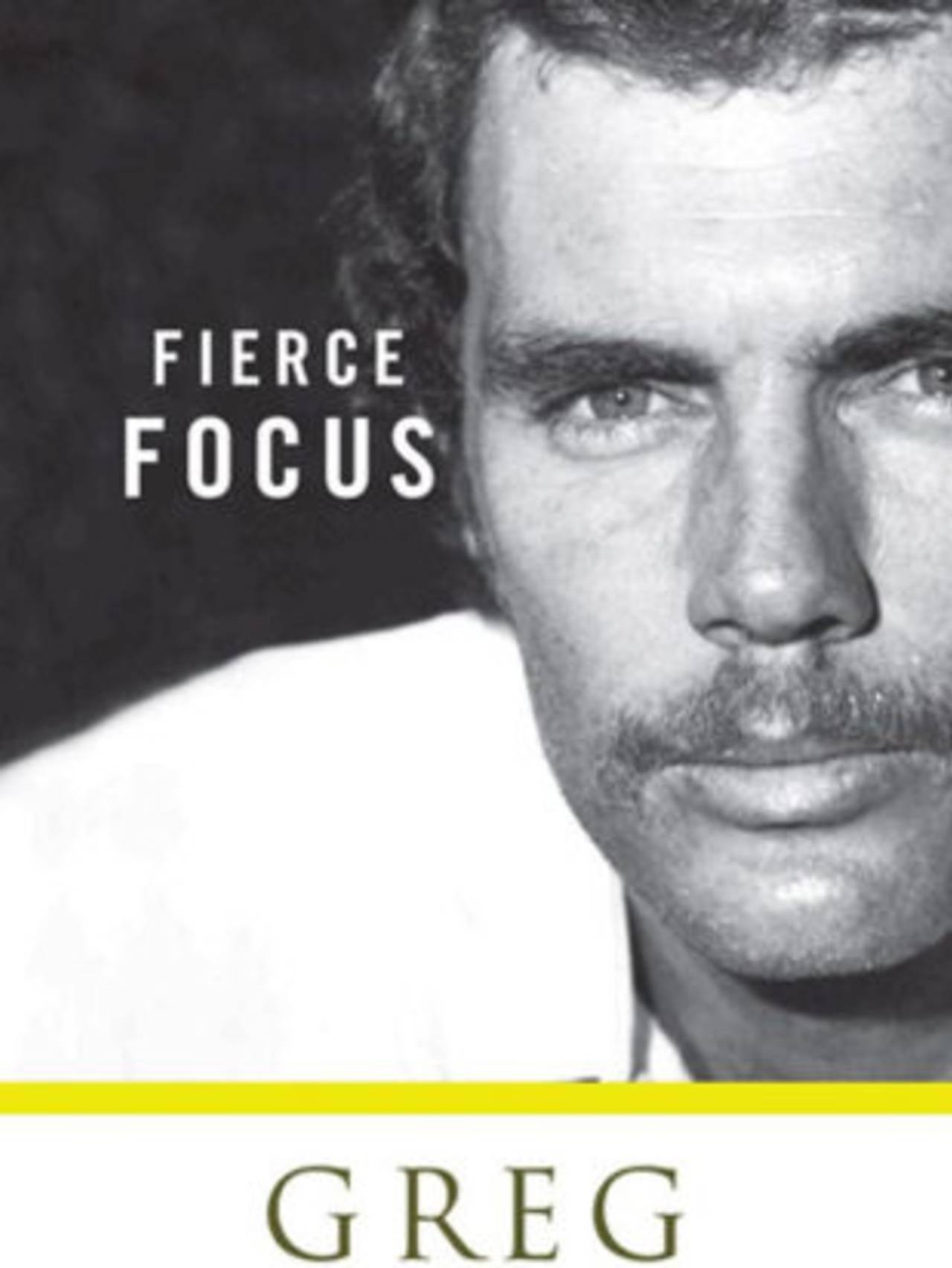Chappell the Indian
The former India coach's flaw was not that he was too Australian, as this book reveals
Suresh Menon
May 5, 2012, 2:55 AM

Hardie Grant Books
Unlike Ian Chappell, who wore his heart on his sleeve, the middle Chappell came across most often as Greg the Reticent, and occasionally as Greg the Grouchy, but even his worst critics acknowledge that his views on the game are sound and worthy of attention. Too bad he needed to understand not just the mechanics of the square cut but also what made a Virender Sehwag tick.
I thought initially that India handled Chappell badly as coach, till I realised that the reverse was also true. It was not a cultural thing; in fact, reading Fierce Focus an alternative theory presents itself. It was not that Chappell was too Australian, it was that temperamentally he was too Indian. Once that is understood, everything else falls into place.
That Chappell was one of the great batsmen there is no doubt; and although the Indian experience forms only a small portion of this book, it probably throws more light on his character than the rest.
Chappell's spats with Sourav Ganguly have become part of folklore. How a friendship fell apart is neatly described. Ganguly, who had a role to play in Chappell getting the India job, felt the Australian ought to be eternally grateful and back him no matter what. Chappell's suggestion that Sachin Tendulkar should bat at No. 4 in ODIs in the interests of the team was not well received by that batsman, nor was his insistence on Sehwag doing physical work.
It is in the casual throwaway lines that Chappell reveals his Indianness. When Dilip Vengsarkar took over as the chairman of selectors, "[his] loyalties were unclear..." That is a typical Indian reaction, placing loyalty above professionalism.
In his last Test, admits Chappell, he was conscious of making the runs needed to take him past Don Bradman's aggregate for Australia, as well as of taking the catch that would give him the record ahead of Colin Cowdrey. "I didn't want to be tempted to play another year out, of a nagging feeling of leaving something unfinished. I wanted to end my Test career with all the loose ends tied up."
Fierce Focus (an expression for the manner in which Chappell followed his concentrate-and-relax technique while batting) tells us much about Greg the player, and a little about Greg the man, without shying away from the controversies or the personal failings. That is the strength of the book.
The story of the Brisbane wicket being remade in the middle of a Test against West Indies takes one's breath away. For the Indian reader, there are the embarrassing stories of the way the cricket board treats its contracted professionals. Chappell's predecessor, John Wright, has written about how when he returned after an Indian victory, he was greeted at the airport with a limousine, and if it was a defeat, he was left to fend for himself.
Chappell writes about how the BCCI was "usually late in paying our bills" and how "wages were paid months late." Yet he was never given credit for putting India on the road to the pinnacle as the No. 1 Test team in the world, or indeed bringing an element of flexibility to the ODI batting order, which was initially scoffed at but later adapted.
His habit of sending text messages to trusted journalists was a way of countering Ganguly's "backgrounder sessions" for his friends in the media. That was Indian fighting Indian, and the less experienced Indian lost out.
Fierce Focus: Greg Chappell
by Malcolm Knox
Hardie Grant Books
371pp, A$45

by Malcolm Knox
Hardie Grant Books
371pp, A$45
Suresh Menon is the editor of the Wisden Cricketers' Almanack India